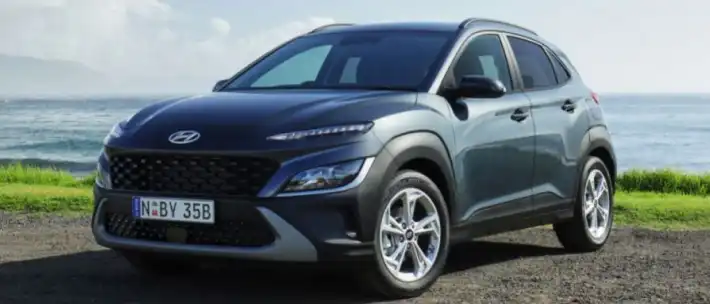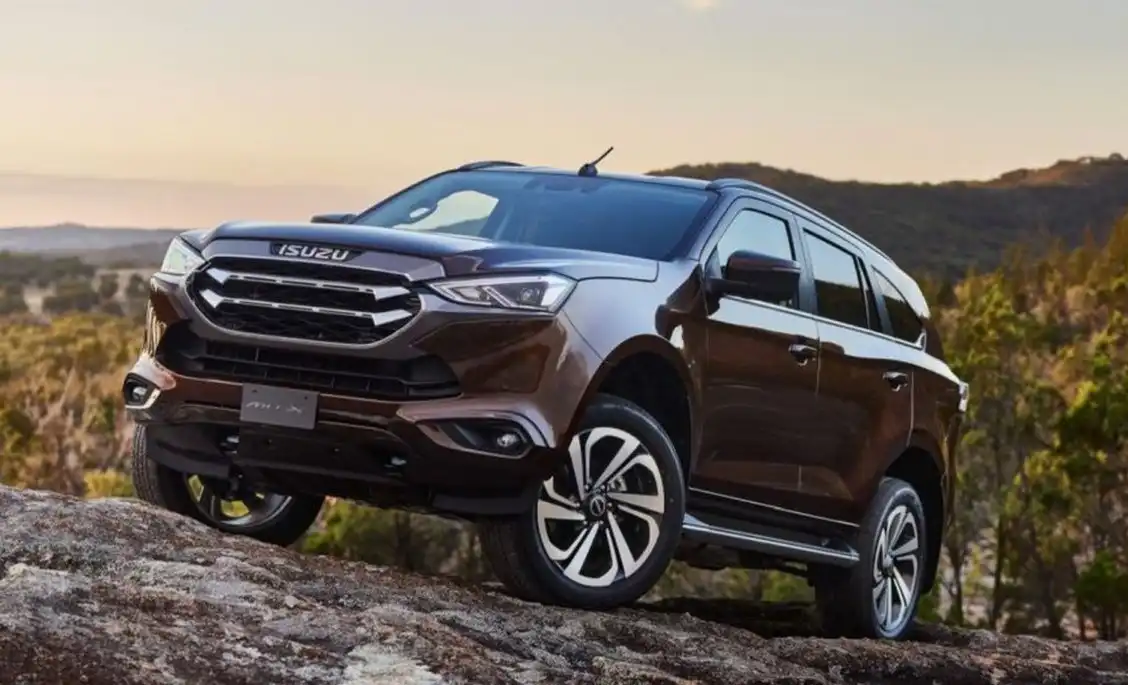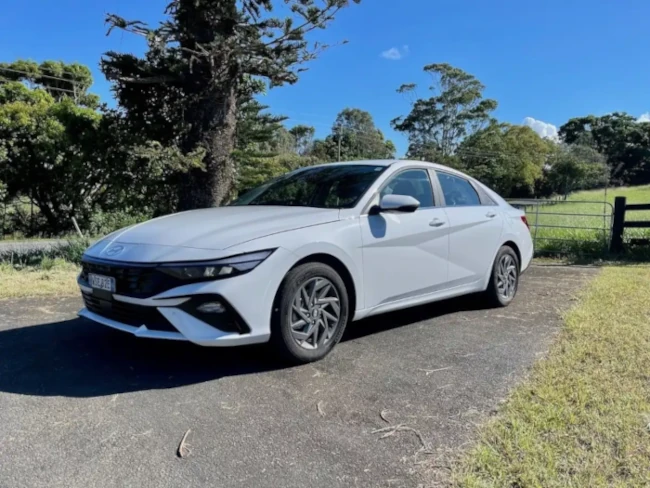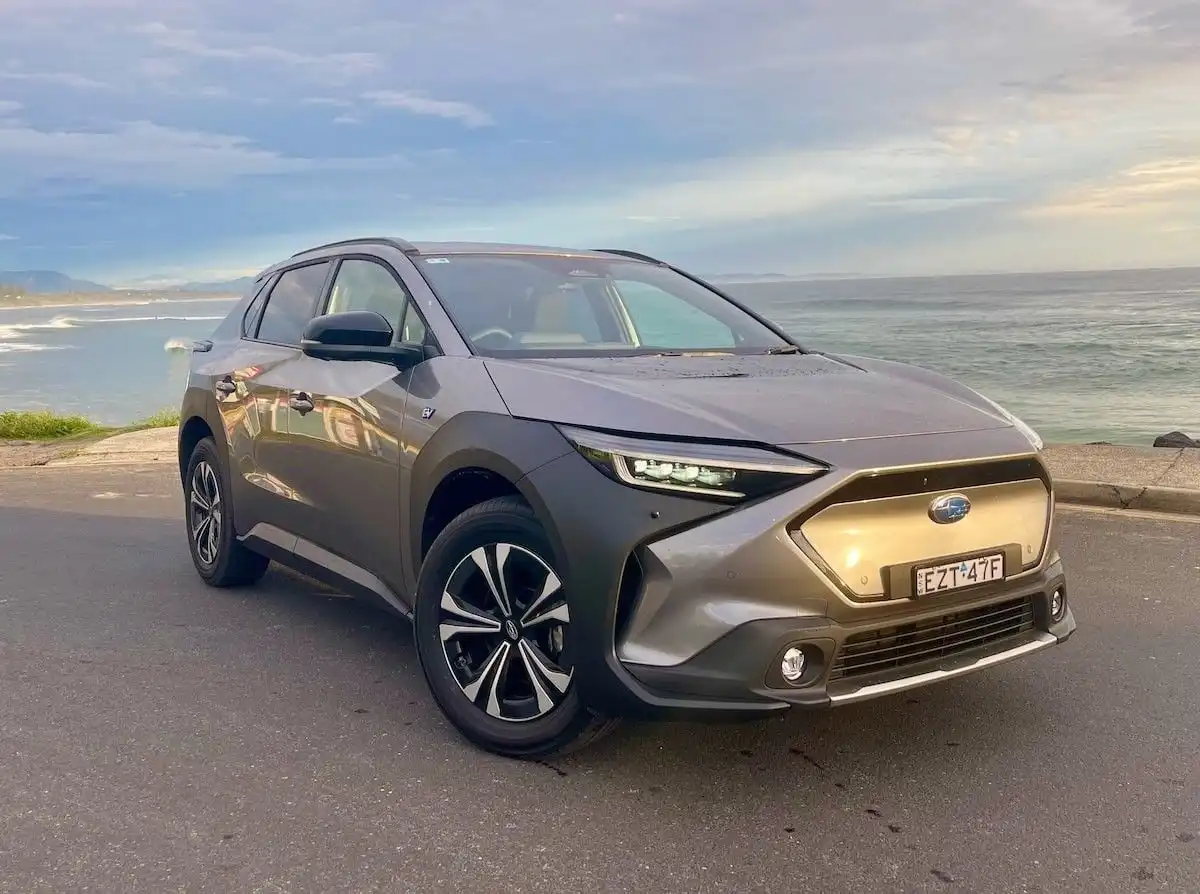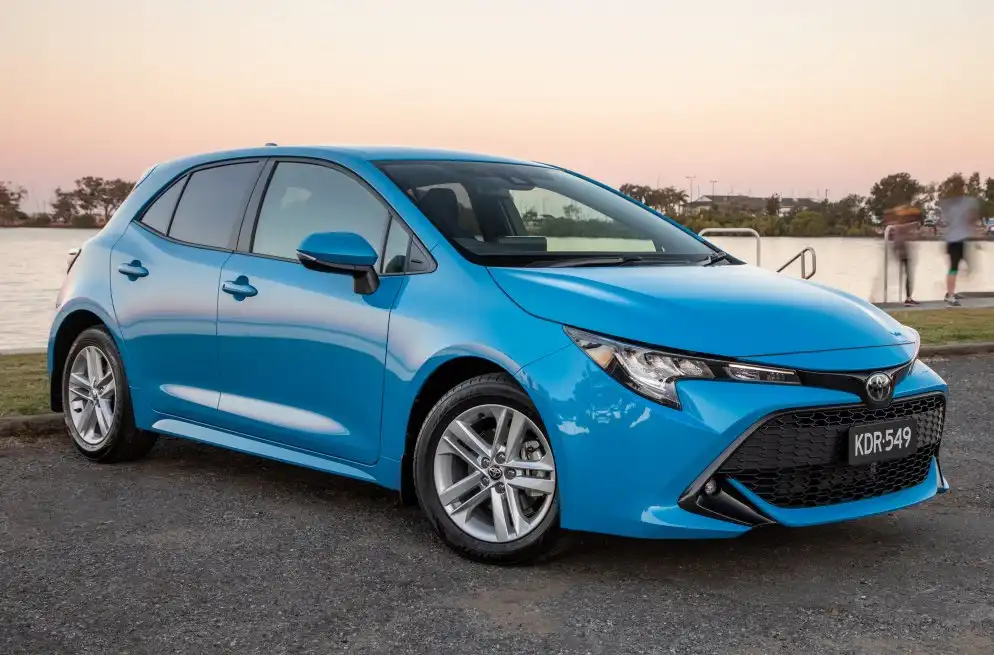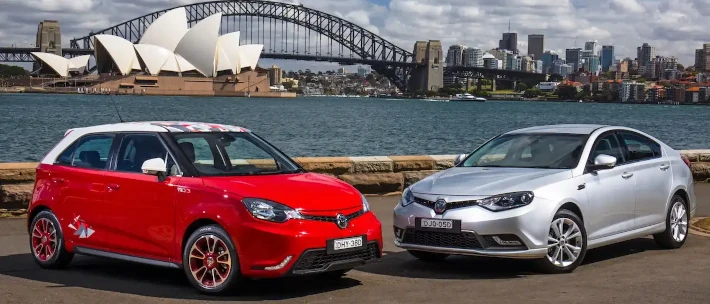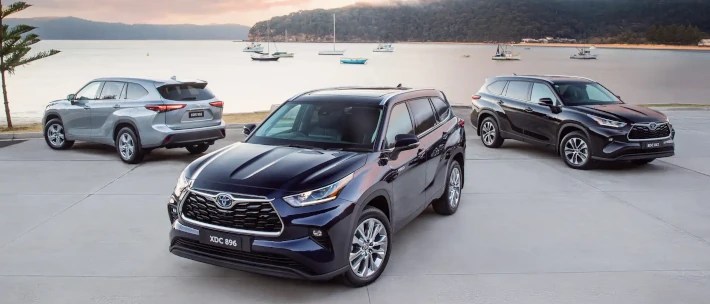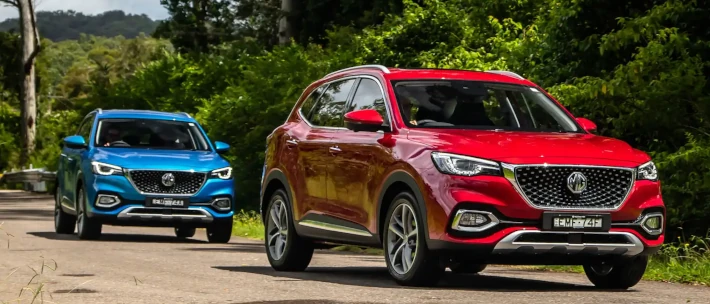Every segment of the market from hatchbacks, large sedans, family-friendly SUVs, and even sports cars has been given the electrification treatment in recent years, benefitting from better fuel efficiency and in the case of plug-in hybrids, even more power.
With that in mind, let’s take a look at 10 of the most fuel-efficient cars making their way to Australia in 2023 to help you out with your next purchase.
Kia Niro Hybrid
One of the most important additions to the SUV landscape has already touched down in Australia, with the release of the Kia Niro hybrid - which is also available with a fully-electric powertrain.
In hybrid form, the Niro pairs a 1.6-litre petrol engine with an electric motor producing a combined 104kW of power and 265Nm of torque, with fuel economy figures standing at a very impressive 4.0L/100km on the combined cycle.
Inside, the Niro offers a modern and attractive interior design that is massively practical for growing families, making it one of the most appealing SUV options for buyers that demand a fuel-efficient engine.
Alfa Romeo Tonale Plug-in Hybrid
Alfa Romeo is backing up the release of its Tonale SUV with the addition of a plug-in hybrid (PHEV) variant to the range, which already features a more affordable mild hybrid Tonale variant.
The Tonale plug-in hybrid receives a 1.3-litre turbocharged four-cylinder engine which is paired with two electric motors sitting over the front and rear axles, with a claimed 82km of all-electric driving from the 15kWh battery pack.
Power outputs stand at a healthy 205kW, with the official fuel economy figures sitting at a claimed 1.14L/100km on the WLTP combined cycle, so long as the battery pack is charged, with figures rising to around 4L/100km once it’s depleted.
Mazda CX-60 PHEV
Mazda’s introduction of the CX-60 marks a big moment for the Japanese manufacturer, with the CX-60 and CX-90 representing the next generation of the company’s SUVs while showcasing its most fuel-efficient engines to date.
Under the bonnet, the family-friendly Mazda CX-60 SUV can be optioned with an inline-six petrol or diesel engine, with the added bonus of a plug-in hybrid variant that massively increases its fuel efficiency figures.
The CX-60 PHEV pairs a 2.5-litre four-cylinder with an electric motor producing 241kW of power and 500Nm of torque, offering electric driving ranges of 76km thanks to the 17.8kWh battery pack, and combined cycle fuel consumption figures of just 2.1L/100km with a charged pack.
Audi Q5 Plug-in Hybrid
Audi has announced plans to introduce a plug-in hybrid variant of its all-conquering midsize SUV, the Q5, which is set to arrive in the second half of 2023.
The introduction of the Q5 PHEV is an important milestone for Audi, marking the first plug-in hybrid from the company in more than five years, which will be introduced in a two-variant lineup featuring the Q5 55 TFSI e Quattro and the Sportback.
While Audi is yet to confirm fuel economy figures, we do know that the Q5 PHEV receives a fuel-efficient 2.0-litre turbocharged four-cylinder paired with an electric motor producing a total of 270kW of power and 500Nm of torque, and a 55km driving range from the 14.4kWh.
Nissan X-Trail e–Power Hybrid
With the latest generation Nissan X-Trail already setting the market on fire, Nissan has announced the range will gain a hybrid variant, known as the e-Power in the early stages of 2023.
Under the bonnet, the X-Trail e-Power hybrid receives a 1.5-litre turbocharged three-cylinder engine that acts as an onboard generator for the electric motor, with an all-wheel drive platform on offer from the dual electric motor setup that produces a claimed 157kW of power.
Nissan says its X-Trail hybrid offers combined cycle fuel economy figures of 6.1L/100km.
Peugeot 308 Plug-in Hybrid
Peugeot has recently introduced its all-new 308 to the Australian market, which is set to be joined by a plug-in hybrid (PHEV) variant at some point in 2023.
The 308 PHEV gains a 1.6-litre four-cylinder engine with an electric motor that produces 165kW of power and 360Nm of torque, and while fuel economy figures are yet to be finalised by Peugeot, expect to see a dramatic increase in fuel efficiency over the current 308 GT’s already impressive figures of 5.3L/100km on a combined cycle.
Hyundai Kona Hybrid
Hyundai has confirmed its fan-favourite Kona crossover SUV range will be gaining yet another massive overhaul for 2023, with an updated hybrid and fully-electric model set to impress buyers here in Australia.
The updated Kona Hybrid will gain a 1.6-litre four-cylinder paired with an electric motor that produces 104kW of power and 265Nm of torque, which powers the wheels via a six-speed dual-clutch transmission.
The company is yet to confirm fuel economy figures for the all-new Kona, however, considering it shares a heap of similarities with the Kia Niro hybrid, we can expect to see similar fuel efficiency numbers of 4.0L/100km on a combined cycle.
Volkswagen Tiguan eHybrid
2023 is set to be a big year for Volkswagen’s expansion of plug-in hybrid variants, with none other than the iconic Tiguan midsize SUV sprinting out of the gates first with its updated, fuel-efficient engine.
The VW Tiguan GTE comes powered by a 1.4-litre turbocharged four-cylinder petrol engine paired with an electric motor producing a combined 180kW of power and 400Nm, giving it very impressive power outputs for a family-friendly SUV package.
With the help of the 10.4kWh onboard battery, the Tiguan GTE offers 48km of all-electric driving range, while fuel economy figures stand at a claimed 1.7L/100km on a combined cycle.
Citroen C5 X Plug-in Hybrid
For those looking for a large, spacious and practical wagon that benefits from some French flair and a fuel-efficient engine, the introduction of the C5 X plug-in hybrid in the third quarter of 2023.
Under the long, swooping bonnet, you’ll find a 1.6-litre turbocharged four-cylinder paired with an electric motor and 11.9kWh battery pack that offers 50km of all-electric driving range.
While fuel efficiency figures are yet to be confirmed, you can expect to see improvements over the standard C5 X’s 6L/100km combined cycle figures when it hits the market in late 2023.
Volkswagen Golf GTE Plug-in Hybrid
VW is set to follow up the release of its Tiguan GTE PHEV with the plug-in hybrid treatment for its iconic Golf hatch, which is set to offer some impressive performance figures backed by significant increases to its fuel efficiency.
The Golf GTE receives the same powertrain setup as the Tiguan GTE, which means you’ll find a 1.4-litre turbocharged four-cylinder paired with an electric motor producing 180kW of power and 400Nm of torque, with 61km of electric driving range on offer from the 10.4kWh battery pack, and claimed fuel economy figures of just 1.7L/100km when the battery pack is charged.
Request a Quote
If our list of the 10 most fuel-efficient cars coming to Australia in 2023 has sparked your imagination, click here to get in contact with one of our car-buying specialists who can help find your dream car at the best possible price.
